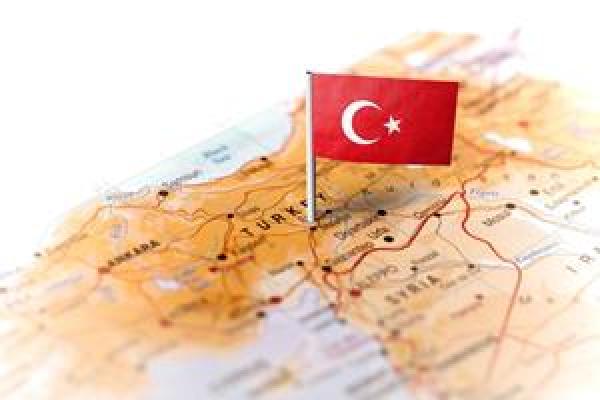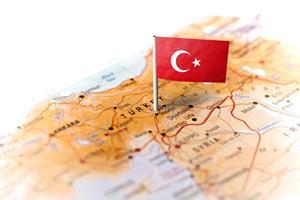
Steamship Mutual
Published: July 02, 2021
In this article you can read about the tariff of pollution fines for 2021 and a new Regulation for investigation of pollution.
Club correspondents Ersoy Bilgehan of Istanbul have updated the Club with news of the annual increase in rates for pollution fines with a tariff showing the updated rates for the year 2021, applicable as of 1 January 2021. Fines can be imposed for discharge of petrol/petroleum products, dirty ballast, garbage and sewage.
In certain circumstances, the Turkish authorities may impose fines ten times the severity of the fines listed in the tariff.
Ersoy Bilgehan report that the fines issued by the authorities due to an alleged pollution must be paid or sufficient and suitable security must be put up immediately and in full. Otherwise the vessel is likely to be arrested. If the fine is paid within 30 days, a 1/4 discount becomes applicable.
In addition to the administrative pollution fines set out in the tariff, the Harbour Master may also impose a fine of up to TRY 5,000,000 for pollution caused by a vessel navigating in Turkish territorial waters in circumstances that require emergency intervention due to collisions, breakdown, fires, explosions or similar incidents.
Further information can be found in this article by Ersoy Bilgehan.
As a new development, correspondents Kalimbassieris Maritime Denizcilik of Istanbul report that Environmental Auditing Regulation No.31509 (the “Regulation”) entered into force on 12.06.21, introducing a variety of new provisions to ensure an increased control to protect the environment, particularly the sea. The most crucial development for shipowners are the revised obligations on the pollution control officers when determining the pollution emerging from the ships.
Prior to the Regulation, where fines were imposed by the relevant authority, these were often based upon samples and photographs/videos. When these fines have been appealed, the Turkish Courts tended to consider photographs and/or videos as only part of the evidence to be used in the determination of the facts and there was scope to successfully challenge the fine by arguing that the method of sampling and analysis was deficient.
Now, the Regulation removes the necessity of samples being taken if the marine pollution control officers can clearly demonstrate the polluter, polluted area, and pollutant by way of photographs, videos, aerial photographs, IR/UV scanners or other technical devices. The Regulation preserves the need for sample taking, collection and analysis procedures only when the pollutant and the polluter cannot be ascertained by the visual tools.
It remains to be seen how the position will change in practice. However, prima facie, the Regulation leaves a first impression that the courts might give more weight to visual evidence, which is potentially open to interpretation and unclear.



